Articles
May 02, 2025
The Educational Revolution in the AI Era:
From Traditional Classrooms to AI-Native Learning Models
With the rapid development of artificial intelligence, human society is undergoing an unprecedented transformation in knowledge. In this fast-changing era, the traditional model of formal education is increasingly showing its limitations—it fails to meet the needs of modern AI natives for efficiency, real-time access, flexibility, and personalization. Meanwhile, the AI-native learning algorithm, a completely new approach to education, is reshaping the landscape and offering learners a new path to acquire knowledge. This article compares traditional education with AI-native learning across five key dimensions and analyzes how AI-driven learning is leading the future transformation of education.
1 Time and Efficiency: Flexible, Self-Directed Learning Pace
Traditional education emphasizes linear, systematic, and structured learning paths, helping students build a knowledge framework through fixed course schedules. However, this model struggles to meet modern demands for rapid knowledge updates. As a result, students often spend extra time doing self-study and looking for supplemental materials.
In contrast, the AI-native learning model leverages artificial intelligence algorithms to push the latest learning resources in real-time based on user interests and needs. This approach breaks the constraints of time and space and significantly improves learning efficiency. Learners no longer need to search for materials themselves, saving considerable time. Moreover, this on-demand learning model allows students to flexibly manage their schedules and make the most of fragmented time.
2 Cost and Investment: From Standardized to Personalized Inputs
Traditional education requires significant investment in tuition, housing, and textbooks. However, this investment often provides standardized course content with limited customization based on individual needs. Also, the knowledge gained often lacks real-time relevance, making it harder to thrive in the AI era. This model is better suited for building foundational knowledge but is less cost-effective for rapidly evolving tech fields or personal learning goals.
By contrast, the AI-native learning model emphasizes the value of knowledge and personalized investment. Learners can subscribe to online platforms, attend high-end conferences, or join specialized workshops to access the latest and most valuable information. These expenses are directly aligned with specific needs rather than broad coverage, making the learning more targeted and efficient.
3 Breadth of Learning: Interdisciplinary and Holistic Coverage
Traditional education tends to focus on single-discipline curriculums with limited opportunities for interdisciplinary exploration. This often leads to a narrow knowledge structure that is insufficient for today’s diverse and integrated world.
The AI-native model, powered by advanced recommendation systems, breaks disciplinary boundaries by providing cross-domain and interdisciplinary learning resources. Learners can freely explore areas based on personal interest and career goals, linking multiple disciplines and fostering integration. This flexibility not only broadens their knowledge base but also sparks creative thinking. AI-assisted knowledge discovery also allows learners to access much broader resources than they could find alone.
4 Depth of Knowledge: Combining Frontier Innovation with Practicality
Traditional education focuses on deep theoretical understanding through structured curriculums. While this helps students build a solid foundation, its slow content update cycle leads to a disconnect with the fast-changing world—especially in tech-driven fields. In rapidly evolving areas influenced by AI, textbook content may take at least a year to incorporate new knowledge, by which time the world has already moved on.
AI-native learners stay on the cutting edge by attending academic conferences, expert talks, and online lectures. This direct access to the latest industry research helps them remain competitive and quickly adapt to change. They can gain up-to-date knowledge and apply it practically while networking with top professionals and like-minded peers. The AI-native model ensures depth, innovation, and applicability of knowledge all at once.
5 Social and Network Building: Creating a Global Learning Community
In traditional education, one’s network is usually limited to classmates, alumni, and professors, which restricts opportunities for cross-sector collaboration and global outreach.
The AI-native model enables learners to build a global network through international conferences, online communities, and digital platforms. This expansive, cross-disciplinary network facilitates knowledge sharing and opens doors to future career and innovation opportunities.
6 Conclusion
The AI-native learning model is ushering in a fundamental transformation of education. With AI algorithms providing precise recommendations, real-time updates, and broad social connections, this model offers learners a more flexible, efficient, and personalized growth path. While traditional education still plays a critical role in establishing foundational theories, its limitations are increasingly exposed in a fast-changing world.
Future education will rely more on platform-based, social, and personalized learning methods. The AI-native model not only meets modern learners' needs but also pushes education toward greater openness and adaptability. Against the backdrop of continuous AI advancement, this model is likely to become the dominant form of future education, driving a revolutionary change in how we acquire knowledge.




